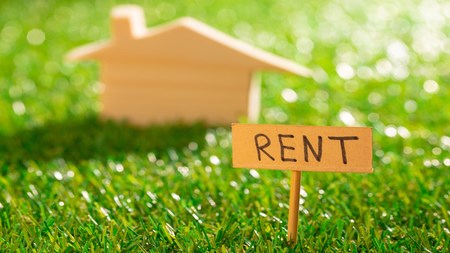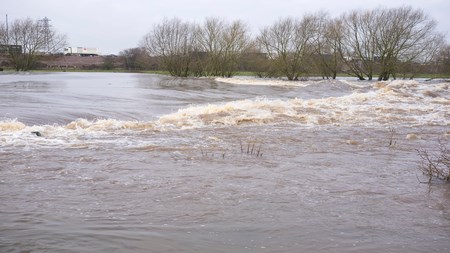For those completely pale-fingered folk out there, compost is simply decomposed organic material. The material itself can be plant or animal matter. While we can engineer situations to make compost, it is something that actually continuously occurs in nature. Nature’s compost is a combination of dead plants, digested and in digested food that is left on the forest floor and creates rich soil.
So why should we make our own compost? Firstly, if you have a garden, it saves you money. Compost improves the water holding capacity of the soil, so you can water your garden less. Also, the humus (a fancy name for broken down organic matter) holds a negative electrical charge which attracts positively charged nutrients which further enrich your soil. The nutrients become freely available to your plants, which means you save on the cost of fertilizer. Additionally, with a super healthy garden, the need for pesticides is drastically reduced. The compost assists plants in building up a natural resistance to pests and diseases. You can say goodbye all those expensive and dangerous pesticides.
Making compost also reduces waste. It has been estimated that we throw away up to a third of the food we buy. Most of us just throw the excess along with all the peelings in the bin. This is literally a ‘waste’ of good potential nutrients. At home, I personally separate the food waste from the rest. The food waste get thrown in a container with a sealable lid (I drilled some holes in the top) and emptied in the compost heap once a week, or whenever it’s full. The result is our usual black-bag bin smells rosy and is never really full.
So you have read about all its benefits, but how does one go about making compost? While there are a variety of different contraptions to buy, all you really need is a container around half a metre high and some newspaper.
Step One: Drill some holes in the bottom and the side of the container for aeration purposes and place some shredded newspaper or dry leaves in the bottom until it’s about ¼ full.
Step Two: Put some dirt from your garden on top of the newspaper until it’s around half full. This will help get the composting process started.
Step Three: Add your food waste. Peelings, stems, pips, old veggies, tea bags, onion skins, egg shells, left-overs, fat, paper towels are all good to go. Bones and meat are able compostable too, they just take a bit longer.
Step Four: Like every good cup of coffee, your soon-to-be compost needs a stir. Every two days or so, use a long sturdy stick or an old broom handle to mix it up. This breaks down the organic material faster.
Step Five: Spray your compost with lukewarm water until it is moist. Water is a key factor in the composting process.
Finally, you might want to store your compost bin in the shade and slightly away from your home just in case some bad smells emanate from it.



